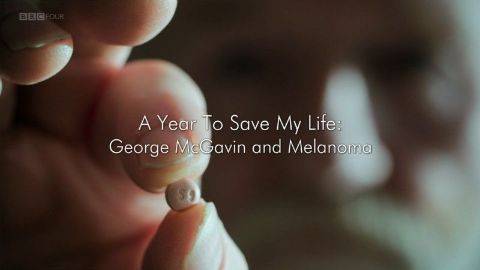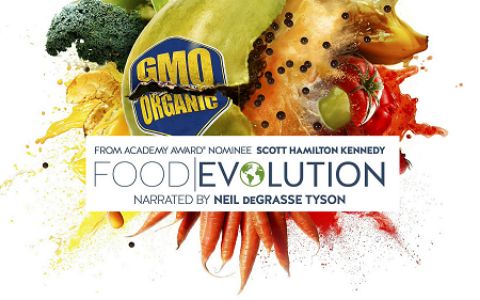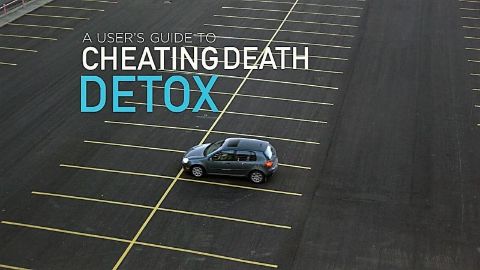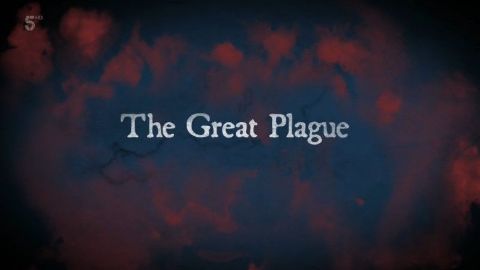Chris Packham: Asperger's and Me • 2017
Chris Packham invites us inside his autistic world to try to show what it is really like being him. For most of his life, broadcaster and naturalist Chris didn't tell anyone about the one thing that in many ways has defined his entire existence. Chris is autistic - he has Asperger's Syndrome, which means he struggles in social situations, has difficulty with human relationships and is, by his own admission, 'a little bit weird'. But what if there was a way of taking away these autistic traits? Would Chris ever choose to be 'normal'? Chris's long-term partner Charlotte discusses the problems Asperger's creates in their relationship, and Chris travels to America to witness radical therapies that appear to offer the possibility of entirely eradicating problematic autistic traits.
Make a donation
Buy a brother a hot coffee? Or a cold beer?
Hope you're finding these documentaries fascinating and eye-opening. It's just me, working hard behind the scenes to bring you this enriching content.
Running and maintaining a website like this takes time and resources. That's why I'm reaching out to you. If you appreciate what I do and would like to support my efforts, would you consider "buying me a coffee"?
Donation addresses
BTC: bc1q8ldskxh4x9qnddhcrgcun8rtvddeldm2a07r2v
ETH: 0x5CCAAA1afc5c5D814129d99277dDb5A979672116
With your donation through , you can show your appreciation and help me keep this project going. Every contribution, no matter how small, makes a significant impact. It goes directly towards covering server costs.





